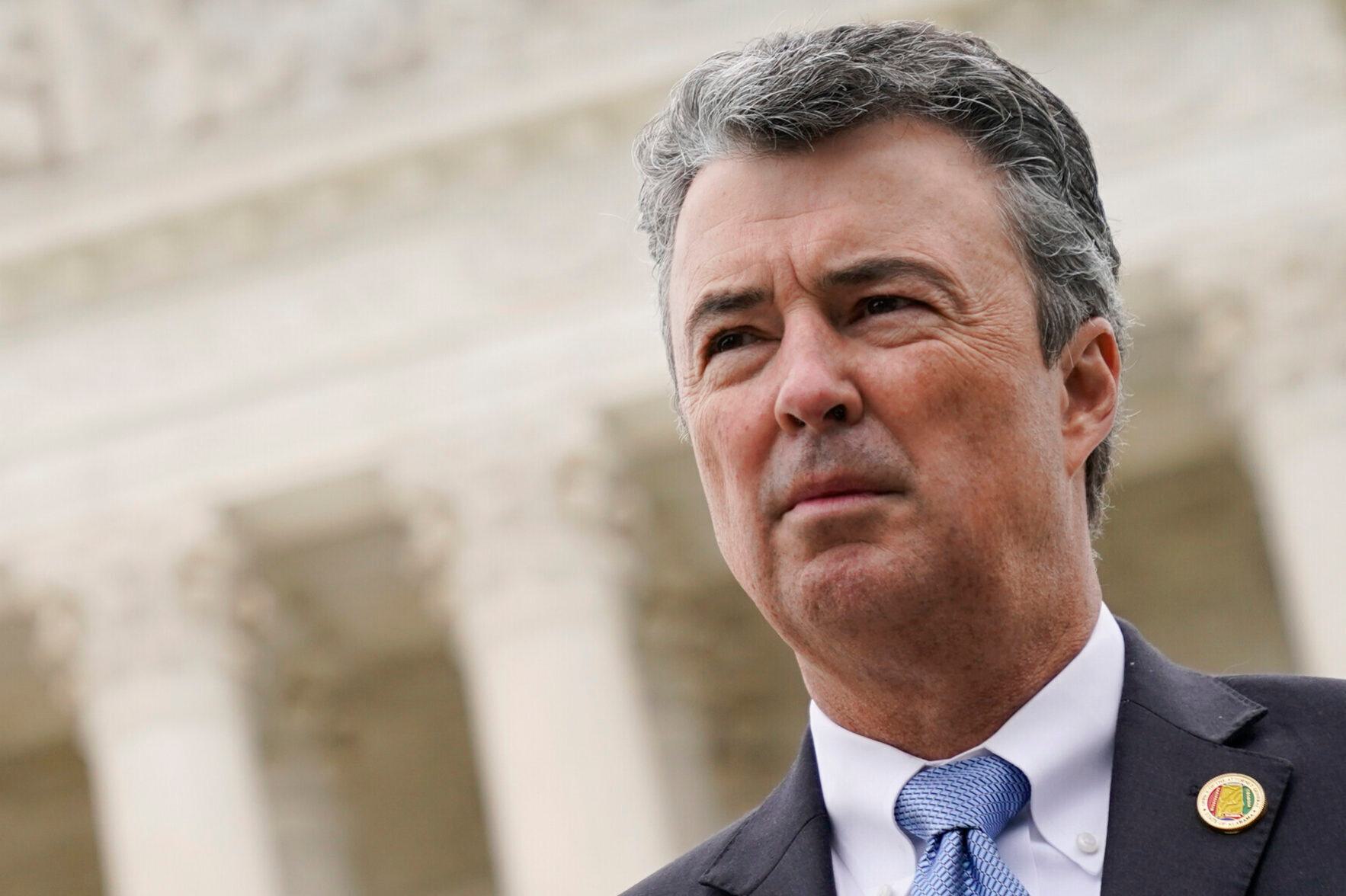Alabama Attorney General Steve Marshall and 25 state attorneys general support a federal proposal putting new requirements on subscription service businesses.
The Federal Trade Commission proposed a “click to cancel” provision requiring sellers to make it as “easy for consumers to cancel their enrollment as it was to sign up” in March. Public comment on the proposal expired last week.
The new click-to-cancel provision would apply to subscription payment plans such as cosmetics, newspapers or gym memberships.
“Some businesses too often trick consumers into paying for subscriptions they no longer want or didn’t sign up for in the first place,” said FTC chair Lina M. Khan said in March. “The proposed rule would require that companies make it as easy to cancel a subscription as it is to sign up for one. The proposal would save consumers time and money, and businesses that continued to use subscription tricks and traps would be subject to stiff penalties.”
Former Federal Trade Commissioner Christine Wilson wrote in opposition to the new provision, saying the proposed rule went “far beyond practices for which the rulemaking record supports a prevalence of unfair or deceptive practices.”
"The proposed Rule the Commission announces today may achieve the goal of synthesizing the various requirements in one rule – but it also sweeps in far more conduct than previously anticipated. The broadened scope of the Rule would extend far beyond the negative option abuses cited in the ANPR, and far beyond practices for which the rulemaking record supports a prevalence of unfair or deceptive practices. In fact, the Rule would capture misrepresentations regarding the underlying product or service wholly unrelated to the negative option feature," Wilson wrote.
The coalition of attorneys general submitted a supportive comment letter last week. The proposed rule would, among other things:
Regulate all additional types of negative-option practices, including automatic renewals, free trial offers, and continuity plans;
Cover all offers made in all media, “including, but not limited to the internet, telephone, in-print, and in-person transactions”;
Require businesses to provide a simple mechanism for consumers to cancel a negative option subscription;
Prohibit misrepresentations of any material fact regarding the entire agreement, not just facts related to a negative option feature;
Require businesses to obtain the consumer’s express informed consent before charging the consumer, including obtaining the consumer’s affirmative consent to the negative- option feature separate from any other portion of the offer; and
Preserve state authority to regulate negative-option marketing and to enact greater protections.
In their letter, the attorneys general express support for the above protections and propose “additional clarifications and improvements.” The attorneys general urge the FTC to:
Require businesses offering free trials to obtain an additional round of consent before charging a consumer at the completion of the free trial;
Clarify that cancellation mechanisms must be cost-effective, timely, and easy to use;
Broaden the forms that a consumer can cancel a recurring contract; and
Require businesses to provide negative option reminders in additional forms, not just through the same medium that the consumer used to consent to the negative-option feature in the first place.
The attorneys general argued in the letter that “even annual reminders may be insufficient in many situations.”
“We have seen cases where consumers believed they had canceled a subscription, only to discover months later that the negative option seller was continuing to charge them," the attorneys general wrote. "We have also seen cases where a negative option seller continued to charge consumers despite not being able to provide the service consumers had paid for during a particular billing period. And we have also seen cases where recurring charges were applied to consumers for subscriptions they did not even realize they had signed up for."
They continued, “Although the proposed Rule already contemplates the possibility of more frequent reminders — by requiring reminders “at least” annually — we suggest that sellers be required to send consumers all of the information required by the rule (i.e., identification of the product or service, the frequency and amount of charges, and the means to cancel) in a communication concurrent with each billing cycle, prior to the charge being applied. Consumers should be given the option to opt out of a monthly reminder in favor of an annual one.”
It's unclear when or if the rule will be finalized and go into effect.
The Attorneys General of the States of New York, Pennsylvania, Alabama, Arizona, California, Colorado, Connecticut, Delaware, District of Columbia, Hawaii, Illinois, Maine, Maryland, Massachusetts, Michigan, Minnesota, Nebraska, Nevada, New Jersey, North Carolina, North Dakota, Oklahoma, Oregon, Vermont, Washington and Wisconsin.
To connect with the author of this story or to comment, email caleb.taylor@1819News.com.
Don't miss out! Subscribe to our newsletter and get our top stories every weekday morning.










